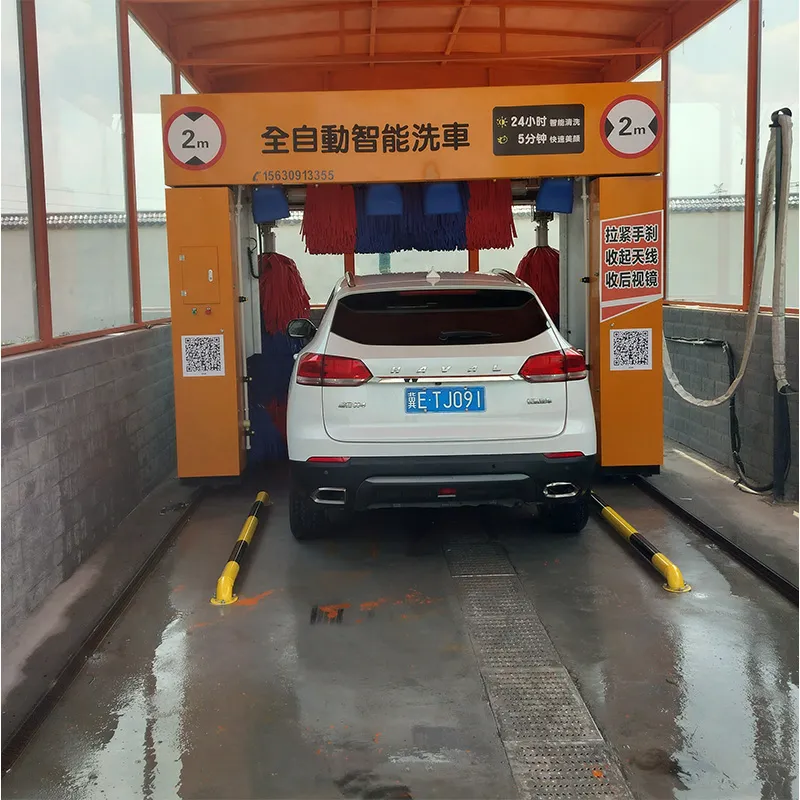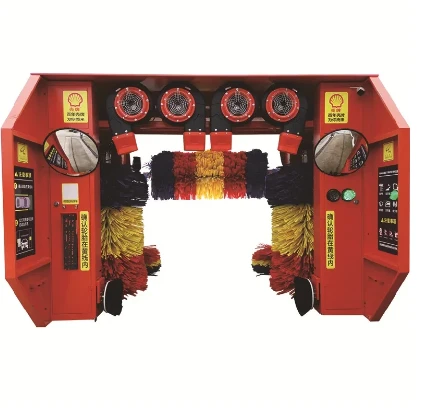
- Afrikaans
- Albanian
- Amharic
- Arabic
- Armenian
- Azerbaijani
- Basque
- Belarusian
- Bengali
- Bosnian
- Bulgarian
- Catalan
- Cebuano
- Corsican
- Croatian
- Czech
- Danish
- Dutch
- English
- Esperanto
- Estonian
- Finnish
- French
- Frisian
- Galician
- Georgian
- German
- Greek
- Gujarati
- Haitian Creole
- hausa
- hawaiian
- Hebrew
- Hindi
- Miao
- Hungarian
- Icelandic
- igbo
- Indonesian
- irish
- Italian
- Japanese
- Javanese
- Kannada
- kazakh
- Khmer
- Rwandese
- Korean
- Kurdish
- Kyrgyz
- Lao
- Latin
- Latvian
- Lithuanian
- Luxembourgish
- Macedonian
- Malgashi
- Malay
- Malayalam
- Maltese
- Maori
- Marathi
- Mongolian
- Myanmar
- Nepali
- Norwegian
- Norwegian
- Occitan
- Pashto
- Persian
- Polish
- Portuguese
- Punjabi
- Romanian
- Russian
- Samoan
- Scottish Gaelic
- Serbian
- Sesotho
- Shona
- Sindhi
- Sinhala
- Slovak
- Slovenian
- Somali
- Spanish
- Sundanese
- Swahili
- Swedish
- Tagalog
- Tajik
- Tamil
- Tatar
- Telugu
- Thai
- Turkish
- Turkmen
- Ukrainian
- Urdu
- Uighur
- Uzbek
- Vietnamese
- Welsh
- Bantu
- Yiddish
- Yoruba
Feb . 07, 2025 05:01
Back to list
DY-QC-5 Automatic Car Washing Machine
As the automotive industry makes strides towards innovative solutions, touchless car wash systems have emerged as a favored option for vehicle owners eager to maintain the pristine condition of their automobiles. The technology not only caters to convenience but also addresses the growing eco-conscious mindset by minimizing water wastage. Consequently, understanding the cost implications of touchless car wash equipment becomes paramount, both for business owners planning to enter this lucrative market and vehicle enthusiasts interested in personal installations.
Transitioning to a Sustainable Model Beyond the financial considerations, investing in touchless car wash equipment aligns with sustainable business practices. These systems are engineered to optimize water use, applying only the required amount through advanced sensors and jets aimed precisely at target areas. Moreover, the biodegradable detergents utilized further reduce environmental impact, appealing to an eco-conscious clientele. Maximizing Return on Investment To derive maximum benefit from touchless car wash technology, operators should focus on strategic placements that ensure high traffic. Locations near busy highways, shopping centers, or densely populated residential areas often promise higher returns due to consistent customer demand. Furthermore, offering subscription services or loyalty programs can provide a steady revenue stream, encouraging regular customer visits. Case Studies and Real-World Applications Many businesses around the globe have transitioned successfully to touchless systems, harnessing both client satisfaction and operational efficiency. For instance, a car wash chain in California reported a 20% increase in client retention within six months of adopting a high-end touchless system, attributing the success to the premium service quality perceived by clients. Additionally, a sustainable focus enabled them to receive significant local community support, further broadening their customer base. Conclusion Investing in touchless car wash equipment presents an appealing option for those looking to enter or expand within the car wash industry. With diverse models catering to varying needs and budgets, the potential for growth remains substantial. By appreciating the intrinsic features and cost elements, stakeholders can make informed decisions, ensuring that they not only meet immediate financial objectives but also contribute positively to sustainable practices and customer satisfaction. As with any significant investment, thorough market research and a keen understanding of consumer demands remain crucial for success.


Transitioning to a Sustainable Model Beyond the financial considerations, investing in touchless car wash equipment aligns with sustainable business practices. These systems are engineered to optimize water use, applying only the required amount through advanced sensors and jets aimed precisely at target areas. Moreover, the biodegradable detergents utilized further reduce environmental impact, appealing to an eco-conscious clientele. Maximizing Return on Investment To derive maximum benefit from touchless car wash technology, operators should focus on strategic placements that ensure high traffic. Locations near busy highways, shopping centers, or densely populated residential areas often promise higher returns due to consistent customer demand. Furthermore, offering subscription services or loyalty programs can provide a steady revenue stream, encouraging regular customer visits. Case Studies and Real-World Applications Many businesses around the globe have transitioned successfully to touchless systems, harnessing both client satisfaction and operational efficiency. For instance, a car wash chain in California reported a 20% increase in client retention within six months of adopting a high-end touchless system, attributing the success to the premium service quality perceived by clients. Additionally, a sustainable focus enabled them to receive significant local community support, further broadening their customer base. Conclusion Investing in touchless car wash equipment presents an appealing option for those looking to enter or expand within the car wash industry. With diverse models catering to varying needs and budgets, the potential for growth remains substantial. By appreciating the intrinsic features and cost elements, stakeholders can make informed decisions, ensuring that they not only meet immediate financial objectives but also contribute positively to sustainable practices and customer satisfaction. As with any significant investment, thorough market research and a keen understanding of consumer demands remain crucial for success.
Latest news
-
Integrating Aqua Tunnel Car Wash in Shopping CentersNewsJun.24,2025
-
Gas Station with an Auto Car Wash MachineNewsJun.24,2025
-
Efficiency in Your Aqua Tunnel Car Wash: Power & Water-SavingNewsJun.24,2025
-
Car Wash Business with Advanced Auto Car Cleaning MachinesNewsJun.24,2025
-
Balancing Setup Costs with Aqua Tunnel Car WashNewsJun.24,2025
-
Aqua Tunnel Car Wash: Eco-Design for the Energy-Savvy EntrepreneurNewsJun.24,2025
Related PRODUCTS



